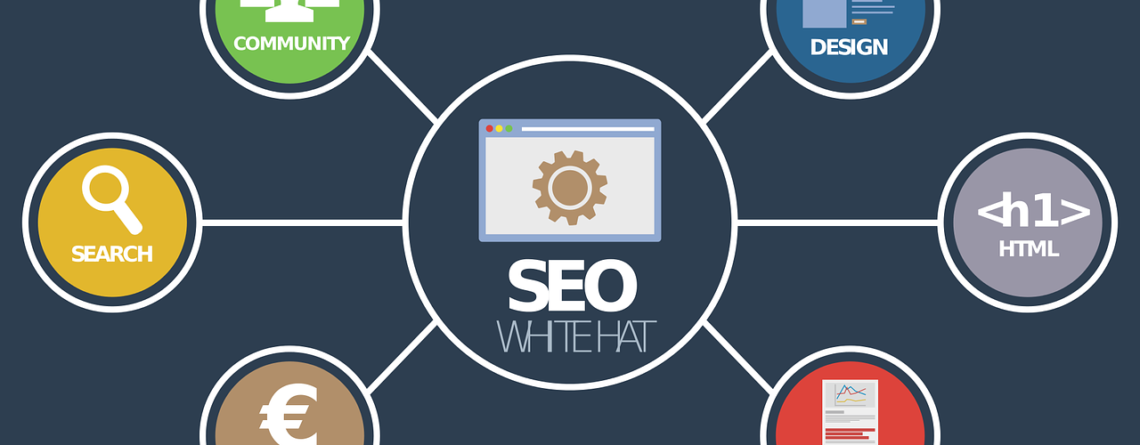Link building is an essential part of any SEO strategy. However, not all link building tactics are created equal. In fact, some strategies can do more harm than good to your website’s search engine rankings. In this guide, we’ll explore ethical link building strategies that you may not have known existed and how they can benefit your website.
Understanding Ethical Link Building
Before we dive into the strategies, let’s first define what ethical link building means. Ethical link building refers to the practice of acquiring backlinks in a way that is honest, transparent, and follows search engine guidelines. This means avoiding spammy tactics such as buying links, exchanging links in an unnatural way, or participating in link schemes. Ethical link building focuses on creating valuable, relevant, and natural links that benefit both the linking website and the linked-to website.
Strategies You Didn’t Know Existed
1. Broken Link Building
Broken link building is a strategy that involves finding broken links on other websites and reaching out to the website owner to suggest replacing the broken link with a link to your own relevant content. This not only helps the website owner fix their broken links but also provides you with a valuable backlink.
2. Unlinked Brand Mentions
Unlinked brand mentions occur when other websites mention your brand or products but do not link back to your website. By using tools like Google Alerts or Mention, you can identify these unlinked mentions and reach out to the website owners to request a link be added to the mention.
3. Guest Blogging
Guest blogging involves writing high-quality, relevant content for other websites in your industry in exchange for a backlink to your website. This strategy not only helps you gain valuable links but also establishes you as an authority in your industry.
4. Skyscraper Technique
The skyscraper technique involves finding high-quality content in your industry, creating even better and more comprehensive content, and reaching out to websites that linked to the original content to suggest linking to your improved version. This strategy can help you gain high-quality backlinks by providing content that adds value to other websites.
Conclusion
Ethical link building is crucial for improving your website’s search engine rankings and increasing organic traffic. By utilizing the strategies mentioned in this guide, you can build valuable, relevant, and natural backlinks that will benefit your website in the long run. Remember to always focus on creating high-quality content and building relationships with other website owners to ensure your link building efforts are ethical and effective.
FAQs
What are the benefits of ethical link building?
Ethical link building can help improve your website’s search engine rankings, increase organic traffic, and establish your website as an authority in your industry. It also helps build valuable relationships with other website owners and creates a more natural and user-friendly link profile for your website.
How do I know if a link building strategy is ethical?
An ethical link building strategy focuses on creating valuable, relevant, and natural links that benefit both the linking website and the linked-to website. It avoids spammy tactics such as buying links, exchanging links in an unnatural way, or participating in link schemes. Any strategy that follows search engine guidelines and focuses on providing value to users can be considered ethical.
Are there any risks associated with ethical link building?
While ethical link building is generally safe and beneficial for your website, there are still risks associated with any link building strategy. It’s important to focus on quality over quantity, avoid spammy tactics, and regularly monitor your backlink profile to ensure that your links are coming from reputable and relevant sources.









Leave a Reply